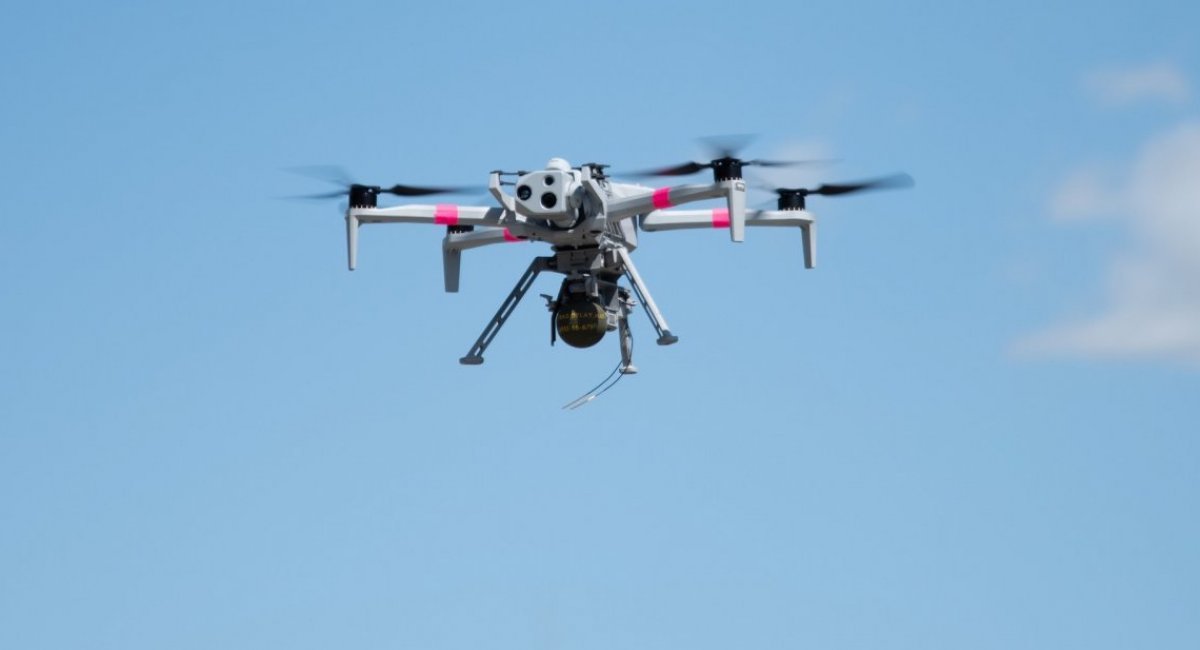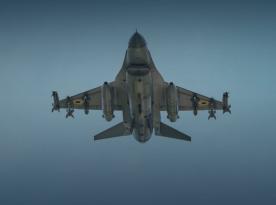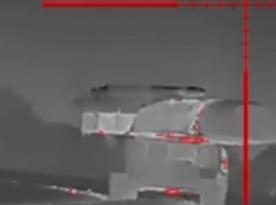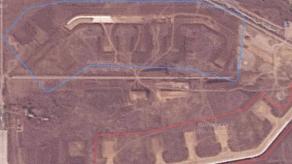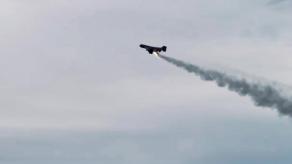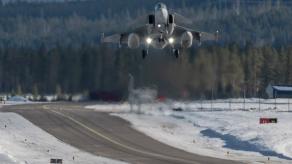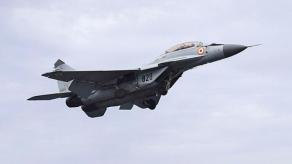After years of research and development, the U.S. Army has officially conducted its first successful combat grenade drop from a UAV — a capability long utilized by Ukrainian forces since the early stages of the war in Donbas. The milestone was reached on June 25 at the Grafenwöhr training area in Germany, where a standard Army unit — not an experimental one — carried out the drop of an M67 fragmentation grenade using a Skydio X10 drone.
The operator behind the drop was Specialist Michael Fish of the 173rd Airborne Brigade. According to a U.S. Department of Defense post, this test was made possible through collaboration with the 7th Army Training Command and the Joint Multinational Training Group-Ukraine.
Read more: Romanian Railway Problem Can Paralyze All of NATO Logistics
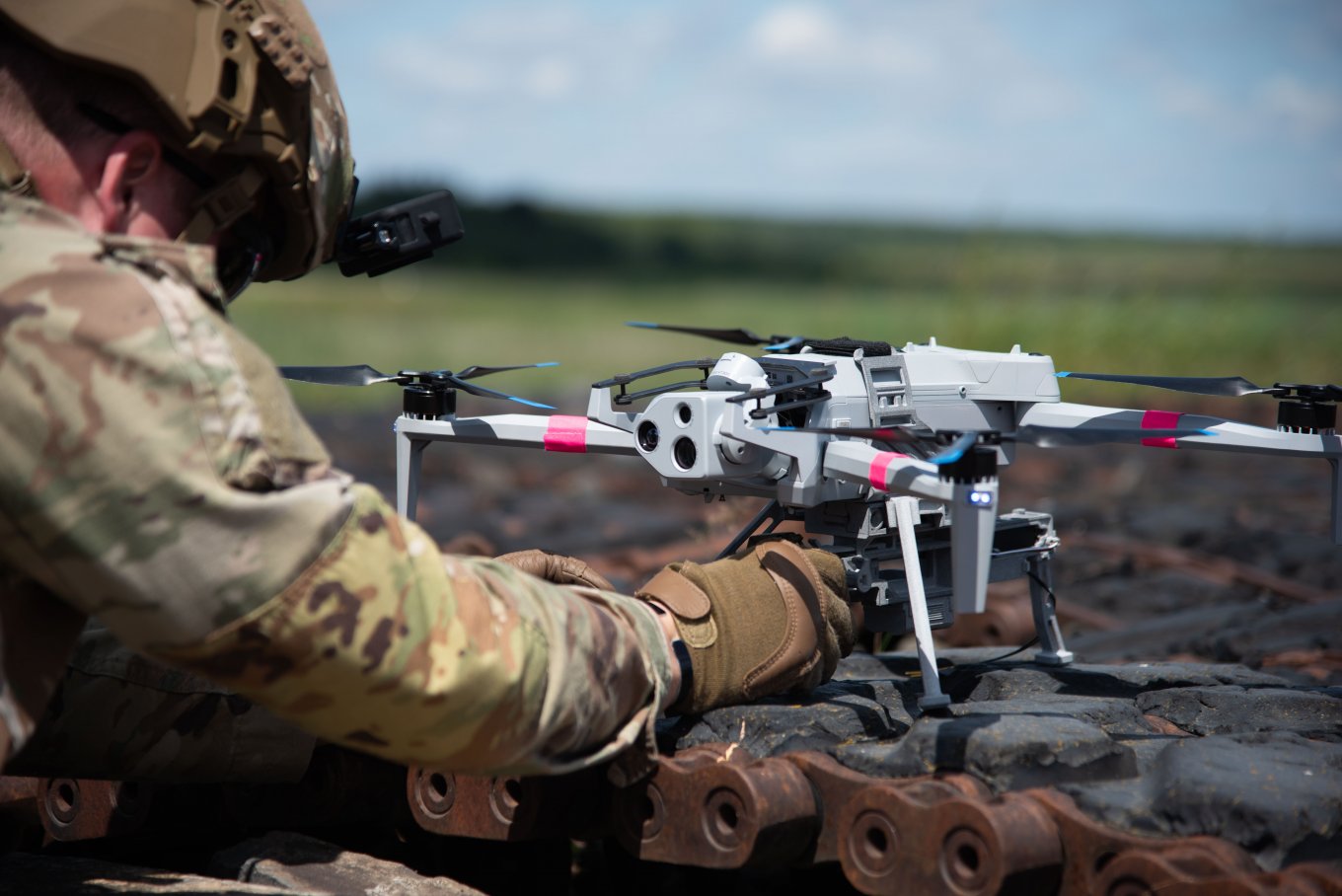
Deputy Chief of Operations for the 7th Command, David Eshger, called the achievement "revolutionary," stating that soldiers would now be able to "leverage this capability in combat."
While the U.S. considers this a breakthrough, the tactic itself is hardly new. Ukrainian troops began using commercial UAV like DJI Mavic for grenade and munition drops as early as 2019–2020, during the Joint Forces Operation (JFO). Despite the effectiveness of these improvised methods in Ukraine, the U.S. Army chose a more cautious path, initiating its own formal development program under the U.S. Army Combat Capabilities Development Command (DEVCOM) several years ago.
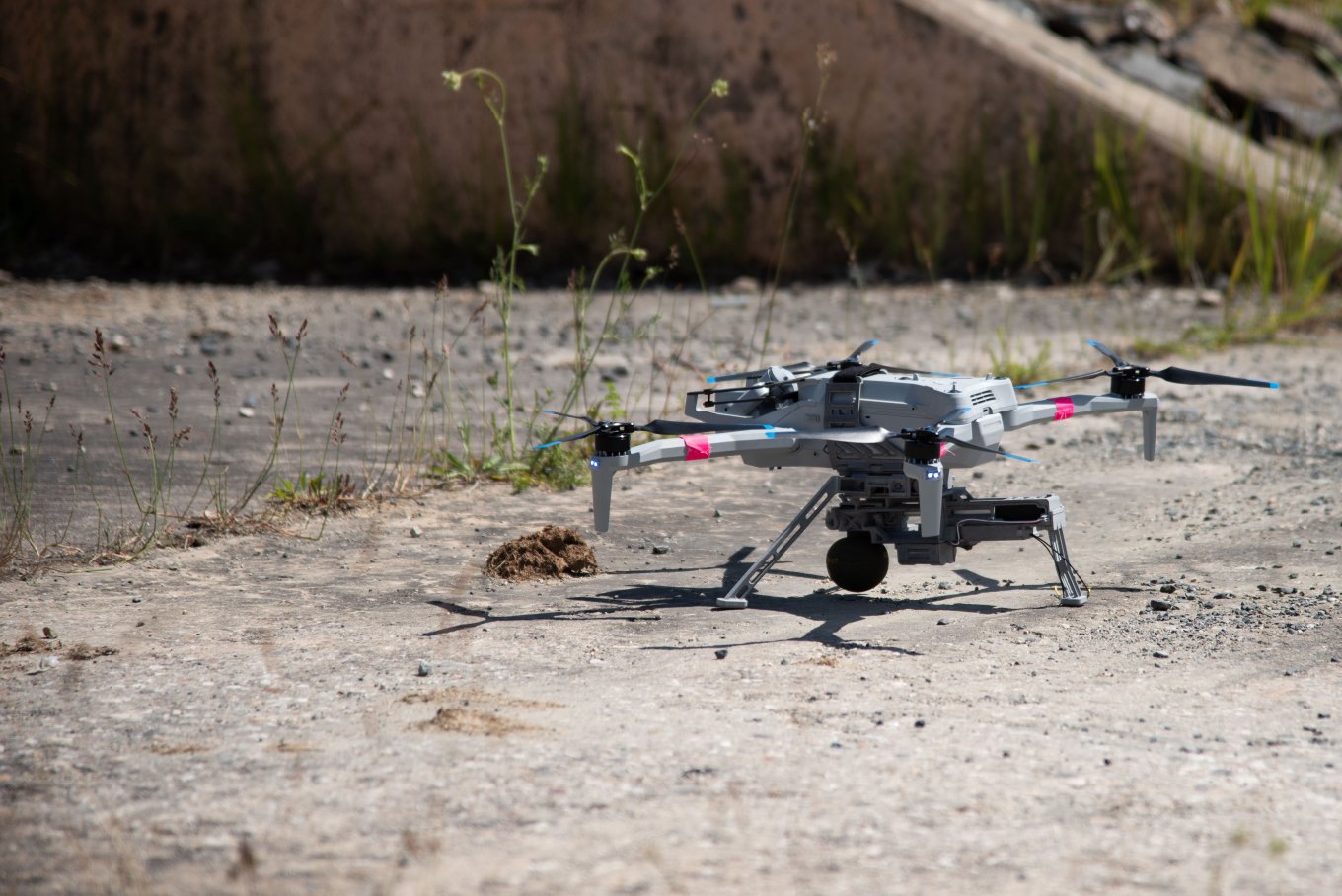
That program led to the creation of a dedicated drone payload system called Audible, engineered to safely deploy various munitions. The first combat drop marked the culmination of strict testing and coordination efforts, including the implementation of advanced geofencing, anti-jamming safeguards, and adherence to safety protocols co-approved by the German Bundeswehr.
The drop itself occurred under carefully controlled weather conditions, highlighting the extensive preparation required to meet U.S. military safety standards. However, DEVCOM stresses that this is not the end of development. Summer 2025 will see further testing and integration of updated Audible systems across other drone platforms.
Ultimately, the goal is to deliver a unified, field-ready, and 3D-printable release system capable of deploying a wide array of infantry-carried explosives. This would allow American troops to adopt a battlefield-proven tactic — albeit one that Ukrainian soldiers pioneered half a decade earlier, often without formal recognition or documentation.
Read more: Ukrainian Air Force Reveals Success in Using Autonomous Drones to Take Down russian Shahed drones




